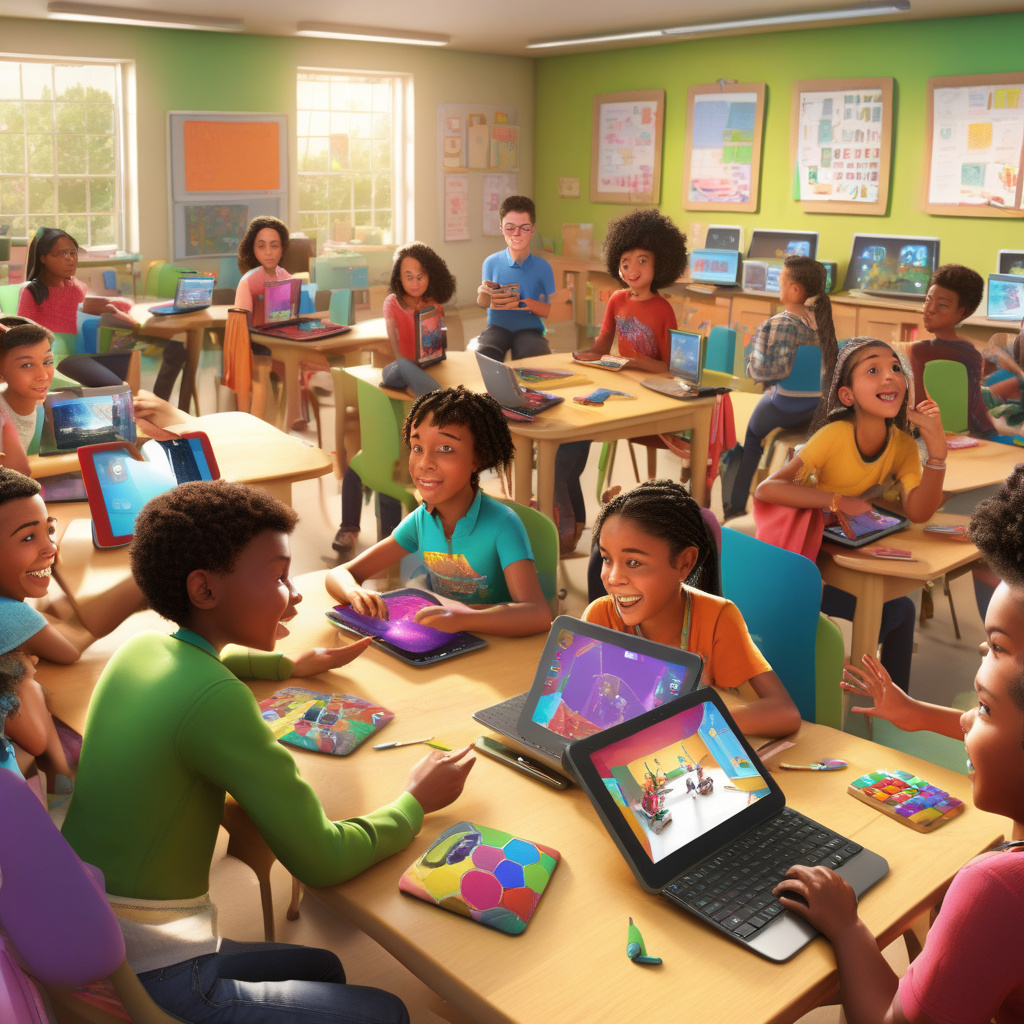Google to Roll Out Gemini AI for Kids Under 13: Mixed Reactions Surface
Google, the tech giant known for its innovative solutions, has recently stirred up a buzz with its announcement regarding the accessibility of Gemini AI to children under the age of 13. The introduction of artificial intelligence to a younger audience has sparked a wave of mixed reactions, with concerns and excitement intertwining to shape the discourse around this decision.
On one hand, supporters of Google’s move argue that exposing children to AI at an early age can have numerous educational benefits. By interacting with Gemini AI, kids can enhance their problem-solving skills, critical thinking abilities, and overall digital literacy. The personalized learning experiences offered by AI can cater to individual needs and learning paces, creating a more engaging and effective educational environment.
Moreover, advocates believe that introducing AI to young users can prepare them for the increasingly digitized world they are growing up in. By familiarizing themselves with AI technologies from a young age, children can develop the necessary skills to navigate and thrive in a future where AI is ubiquitous. This early exposure can help bridge the digital divide and equip the next generation with the tools needed to succeed in a rapidly evolving technological landscape.
On the other hand, critics express concerns about the potential risks and drawbacks of exposing children to AI at a young age. Privacy and data security issues loom large, as children’s interactions with AI platforms may raise questions about the collection and usage of their personal information. Safeguarding children’s data and ensuring their online safety become paramount considerations in the context of AI for kids.
Furthermore, there are apprehensions about the impact of AI on children’s cognitive and socio-emotional development. Excessive reliance on AI for learning and entertainment purposes may hinder critical aspects of childhood, such as creativity, social interaction, and emotional intelligence. Critics caution against over-reliance on AI as a substitute for human interaction and hands-on learning experiences, emphasizing the importance of maintaining a balance in children’s use of technology.
As Google navigates the terrain of introducing Gemini AI to children under 13, the company faces the challenge of addressing these concerns while leveraging the potential benefits of AI for young users. Striking a balance between innovation and responsibility is key to ensuring that AI enhances, rather than detracts from, children’s development and well-being.
In conclusion, Google’s decision to roll out Gemini AI for kids under 13 has elicited a spectrum of reactions, reflecting the complex considerations at play when introducing AI to a younger audience. As the tech industry continues to explore the intersection of AI and education, finding ways to maximize the benefits of AI while mitigating its potential risks remains a pressing priority. By fostering a thoughtful and nuanced approach to AI for kids, we can harness the full potential of technology to empower the next generation.
#Google, #GeminiAI, #AIforKids, #TechInnovation, #DigitalLiteracy












